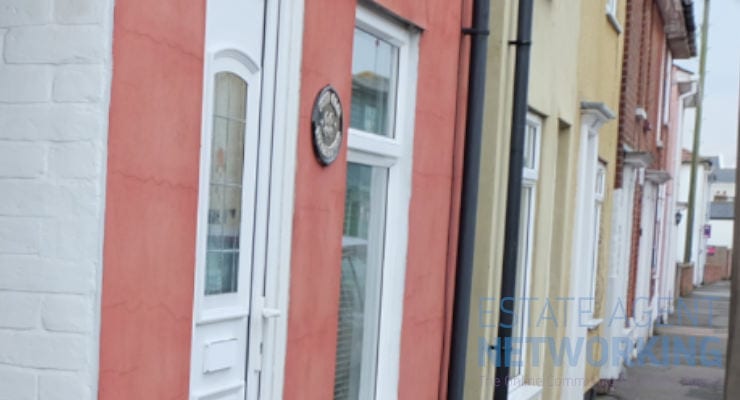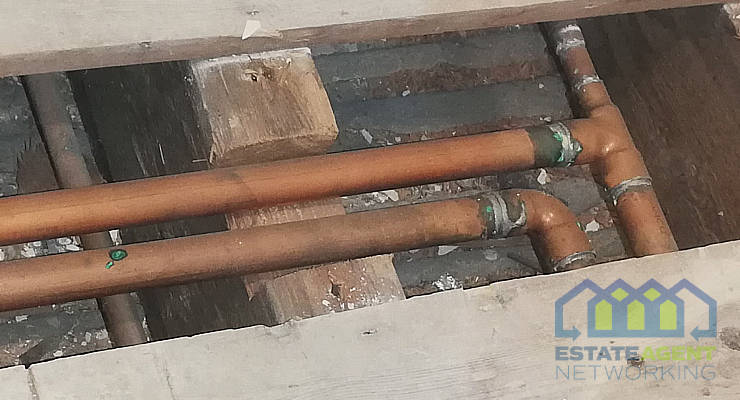Japanese Knotweed – Difference between a Building Survey & a Knotweed Survey
RICS building surveyors are not expected to be fully trained in the management and treatment of Japanese Knotweed, however many RICS building surveyors do receive training often under CPD so that they have the ability to identify Japanese Knotweed at any time of the year. The RICS building surveyors also have the RICS information paper and the RICS Japanese Knotweed risk table to help them identify the real of risk the knotweed presents to the property. This will take into account the some of the concerns of the lenders and insurance companies. Bear in mind that if a RICS building surveyor fails to identify Japanese Knotweed on or near the property then the buyer may be able to make a claim for negligence against the surveyor. Building Surveys or house surveys as they are normally called gives you an overview of the property’s condition and point out defects and subsidence. One of the major issues with a property’s garden is the presence of Japanese Knotweed. Building surveyors have a duty of care to their clients and any loss incurred by the client due the to the surveyor’s negligence may lead to the client having a claim against the surveyor.
Despite the fact that building surveyors have a duty of care to the client and are expected to identify Japanese Knotweed, not all surveyors are trained to do so. This leads to the risk of not identifying the Knotweed before the purchase of the property and then afterwards potentially having to make legal claims against the surveyor after Japanese Knotweed is found present on the property. When purchasing property it is wise to arrange a Japanese knotweed survey along with a normal building survey so that you can be sure whether Japanese knotweed is present on the property. If Japanese knotweed is present then the buyer can re-negotiate the value of the property or ask the seller to have a Japanese Knotweed Management Plan (KMP) in place or get rid of the knotweed completely.
A Japanese knotweed survey will identify whether Japanese knotweed (or other non-native invasive plant) is present or nearby. The survey findings and site plan accurately record the location and area of knotweed contamination and the level of risk it presents to the property in accordance to the RICS knotweed risk table. If the property is damaged by Japanese Knotweed then this will also be recorded and photographs are taken. Unlike a normal building survey where Japanese knotweed is noted if identified, a specialist knotweed survey goes into great detail about the extent of the knotweed infestation, the level of risk, the most appropriate treatment option and remedial work and the likely cost of carrying this out.
Where applicable, the knotweed survey will provide information and advice to help with cases of encroachment, misrepresentation regarding the Law Society Property Information TA6 Form (3rd Edition) or professional negligence claims.









